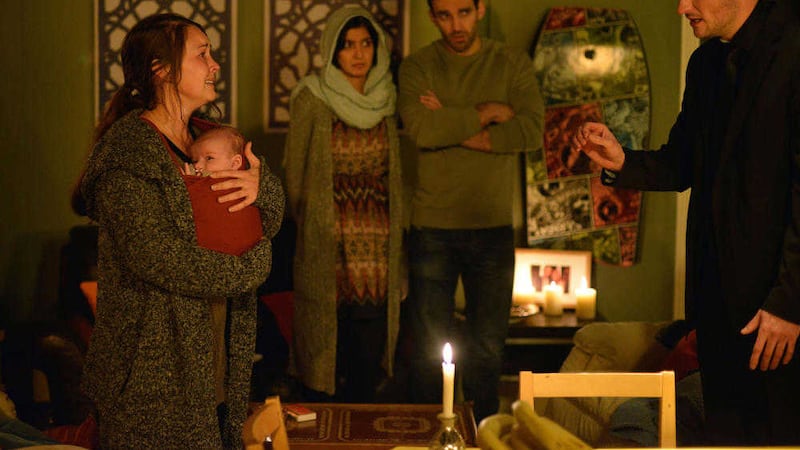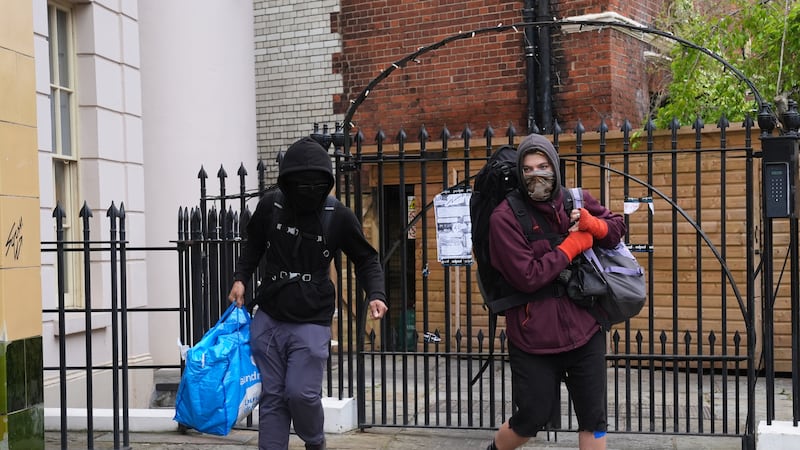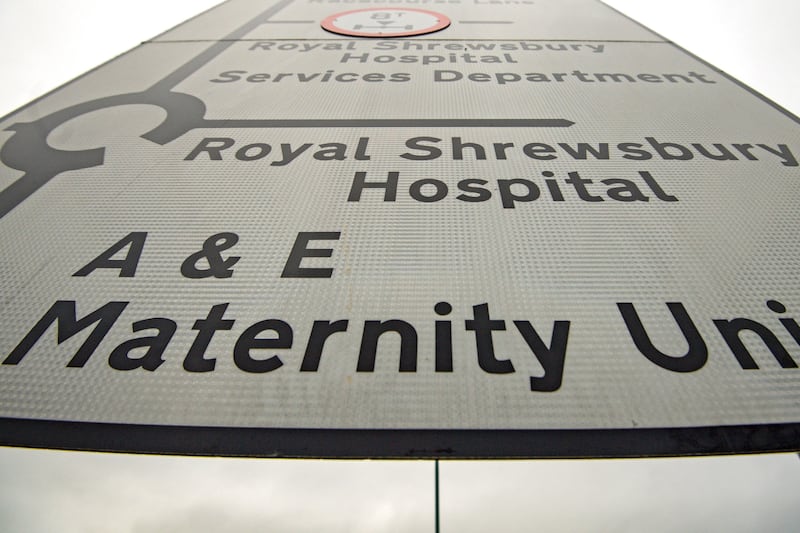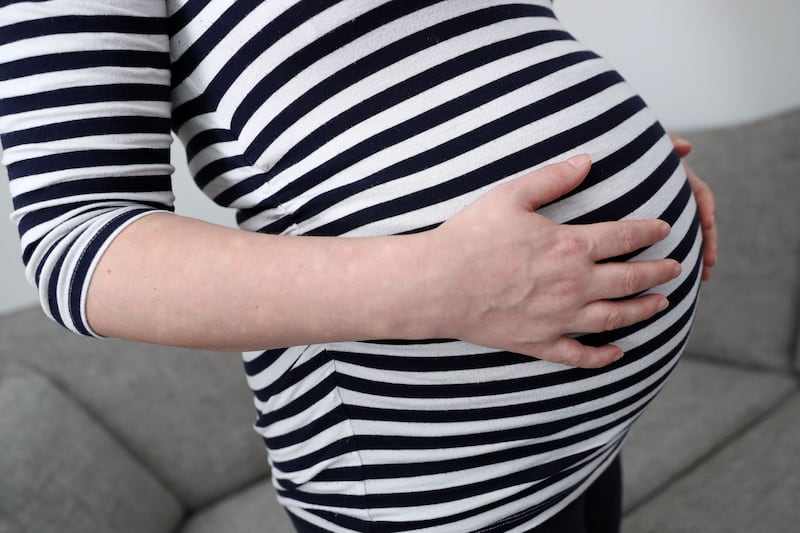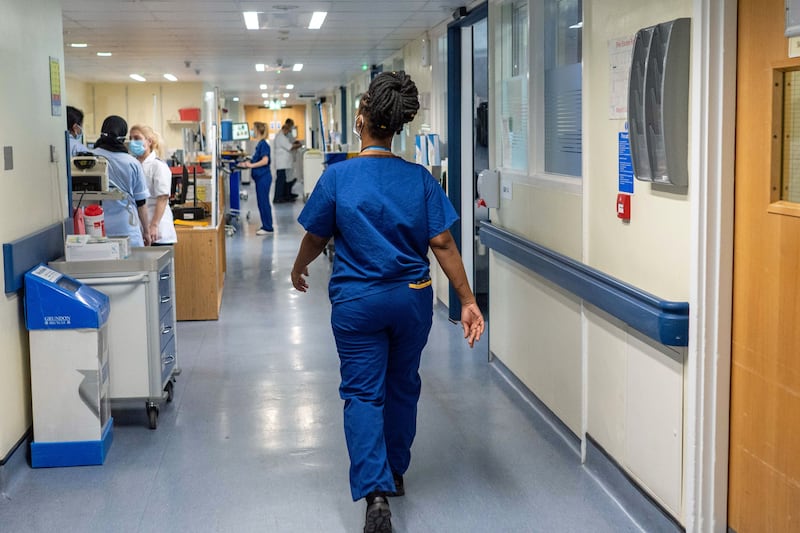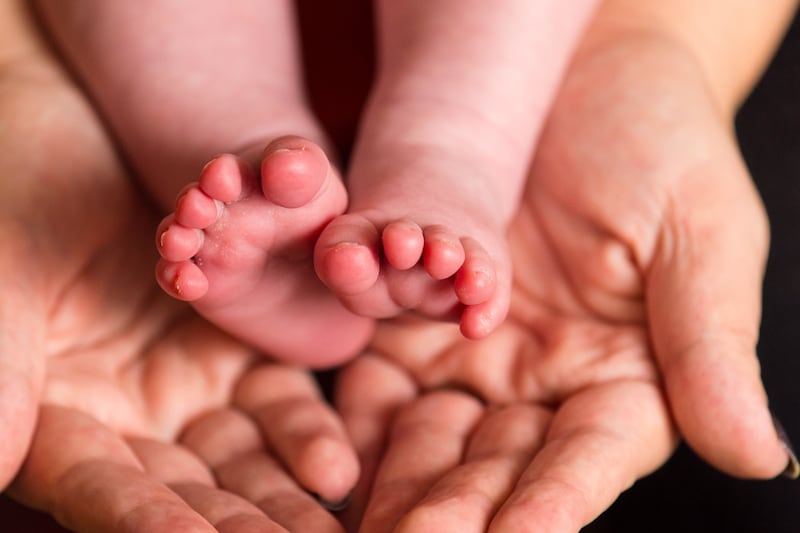A LEADING midwife has warned of chronic NHS shortages facing women suffering extreme psychosis after giving birth - with Northern Ireland now the worst affected care region in the NHS.
Shauna Hamilton of the Royal College of Midwives (RCM) said she had serious concerns that no specialist 'perinatal' mental health hospital units for mothers and babies had been set up in the north, almost a decade after a health watchdog recommended them.
Perinatal refers to the five-month period before a woman gives birth and one month afterwards.
It is estimated that more than 1,000 new mothers will suffer from a mild to moderate depressive illness each year in Northern Ireland.
Of these, 45 will be admitted to a hospital with puerperal psychosis - an acute, severe mental illness which usually begins a few days after childbirth. The psychiatric emergency is characterised by terrifying hallucinations, delusions and severe mood changes.
In 2007, the Irish News revealed the north's biggest maternity hospital, the Royal Jubilee maternity, could "barely cope" with the number of referrals to its psychology service for pregnant women suffering from depression and anxiety.
Ms Hamilton's warnings come as a new campaign is launched today showing the "unacceptable" variations in mental health care standards for new mothers and pregnant women.
Organised by the Maternal Mental Health Alliance, their research reveals 80 per of women in the north have no access to the specialist services compared with 38 per cent in England.
The campaign coincides with a storyline in the BBC soap opera, Eastenders, in which the character Stacey Branning becomes separated from her baby after being admitted to hospital suffering from postpartum psychosis.
It is estimated that 12 specialist 'mother and baby units' (MBUs) are required in Northern Ireland. There are currently none.
Ms Hamilton, who has more than 25 years experience as a midwife and has campaigned tirelessly for increased mental health services, said the issue was still very much "stigmatised" at a time when the devastating condition is increasing.
"My concern is that women here do not have the same access to specialist hospital care that is available elsewhere in the NHS. Everyone knows that early intervention provides the best outcomes," she said.
"What has been introduced by the Department of Health is a required pathway, which is excellent in terms of identifying those at risk – but the problem is there are no proper services to meet that need.
"We urgently require a dedicated inpatient hospital service with attached community support."
